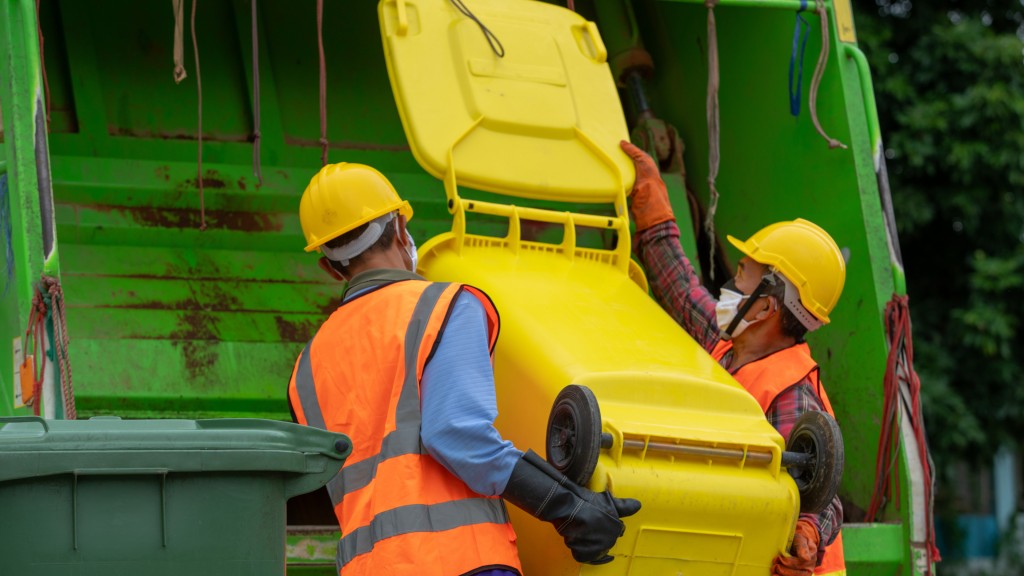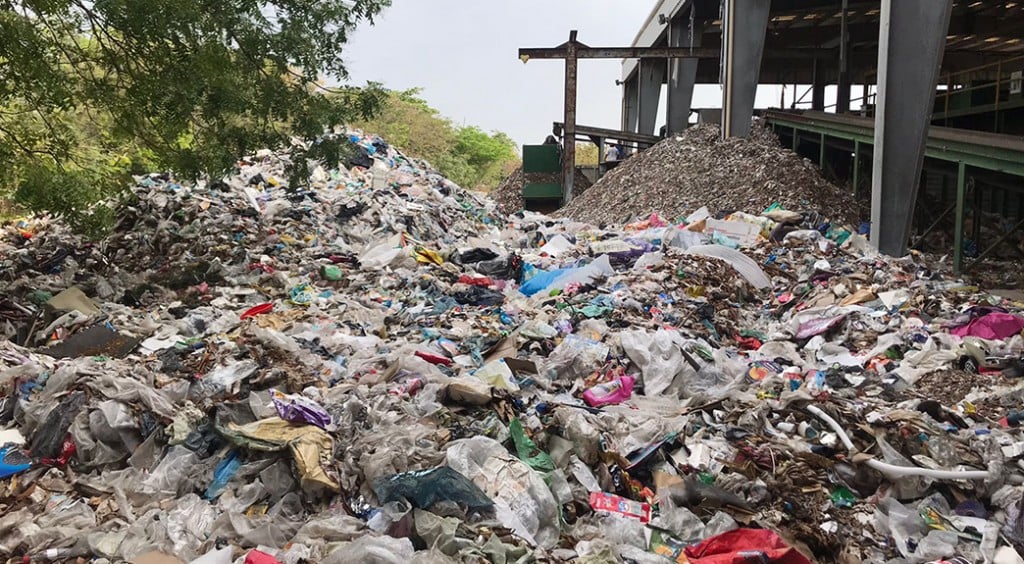
The Solid Waste Association of North America's (SWANA) Board of Directors (BOD) has approved the association's next five-year strategic plan – Forward, Together – following the successful implementation of its 2016 to 2020 strategic plan.
The board reaffirmed the SWANA's purpose to advance the responsible management of solid waste as a resource, noting the commitment of the association and its members to the purpose doesn't change even as the association continues to evolve and adapt. The board also recommitted to the 2016 to 2020 mission statement that emphasized progress through a focus on the areas of education, advocacy, safety, and research.
"The prior strategic plan set the stage for the remarkable changes and growth SWANA has experienced over the past seven years, including the commitment to focus on waste as a resource," says SWANA President Tim Flanagan. "The new strategic plan builds on those elements to keep SWANA focused and relevant, as the entire industry moves toward doing more with recovered material so we put less in the ground."
The plan was developed with the participation of nearly 90 SWANA members and staff who applied strategic foresight techniques to identify changes affecting the industry and to develop strategic goals, objectives, and strategies to address future needs. The drivers were:
- Shifting worker priorities
- Increasing impacts from climate change
- Expanding the use of technology, AI, and automation
- Expanding the value of resources and the circular economy
- Changing norms for meetings and connection
SWANA's new strategic plan identifies four goals to focus SWANA's work in the coming years:
Goal 1: Get off the top 10 list of most dangerous jobs
"Safety must be implemented and owned by every worker and every employer in this industry every day," says SWANA Executive Director and CEO David Biderman. "We will provide resources for employers; we will work with agencies and partners to support and encourage safer workplaces. Getting off the top 10 list takes a commitment from all of us."
Goal 2: Become climate champions
SWANA has long held as a core principle that members and their employers share a commitment to the protection of health and the environment. Participants in the development of the Forward, Together plan focused SWANA on an outcome that reframes resource management as a critical national infrastructure while elevating efforts to address the effects of extreme weather and consumer items that can damage trucks and facilities as well as harm workers. The plan also directs SWANA to create an organics management emphasis, both in collaboration with partners and through the provision of updated training materials. Developing an association position on extended producer responsibility is also one of several strategies identified to help implement this goal.
Goal 3: Reframe perception of the industry as employers of choice
Few, if any students, attend university intending to go to work at a landfill, though many young people are used to recycling and express enthusiasm about careers offering involvement in sustainability initiatives. Fewer young people than ever are going into skilled trades, confirmed by industry-wide struggles to fill mechanic, driver, and operator positions. Those are important considerations as employers across North America struggle to fill positions left open by retirement and resignation. SWANA's goal restates members' belief that employers across all aspects of resource management offer desirable jobs and opportunities for professional and personal growth. SWANA's strategies emphasize opportunities to reframe perceptions of the industry through young professional leadership training; through collaboration to recruit and train individuals into skilled trade positions, and through improving conditions for everyone by leading in diversity, equity, and inclusion.
Goal 4: Continue to strengthen SWANA's infrastructure and financial viability
SWANA grew in size, financial viability, and relevance by implementing its previous plan. The Forward, Together plan identifies opportunities to update and strengthen association infrastructure while focusing on changing member needs. Helping members connect with each other around more local and/or topic-driven issues will grow membership and strengthen the organization. SWANA will also continue to focus on professional growth for volunteer leaders and revisit the idea of what it means "to meet" as we emerge from the mostly virtual meetings of the COVID period.
A full version of SWANA's strategic plan is available on SWANA's website.



